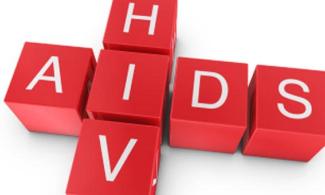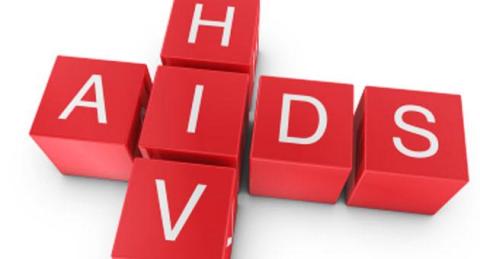
The Borno chapter of the Network of Persons Living With HIV and AIDS in Nigeria (NEPWAN), said on Saturday that at least 16,000 members of the organization died in the last three years in the state.
The Borno chapter of the Network of Persons Living With HIV and AIDS in Nigeria (NEPWAN), said on Saturday that at least 16,000 members of the organization died in the last three years in the state.
NEPWAN Chairman in the state, Hassan Mustapha, told journalists in Maiduguri that the victims died due to the activities of Boko Haram, which made it difficult for patients to access Anti-Retroviral Therapy (ART) and other support services.
Mustapha stated this during an activity marking the 2017 World AIDS Day.
He said more than 27, 000 persons were registered for ART between 2011 and 2014, in various designated centres in the state, adding that the number dropped to 11, 303 in 2017.
He said the deaths were due to lack of access to treatment, non- compliance to the use of drugs and poor economic status of the persons living with the virus.
Mustapha disclosed that the association confirmed the death of its members through visitation and phone calls to their families, noting that most of the deaths were not recorded at the ART centres.
He added that the reduction in the number of persons on ART was a clear indication that the persons were either dead or missing.
Mustapha maintained that the deaths were due to lack of access to ARV drugs in the communities affected by insurgency.
“Most of the ART centres were closed down due to Boko Haram insurgency, thereby making it difficult for our members to access treatment."
“HIV positive persons living in Damboa, Damasak, Monguno, Konduga, Malamfatori and other rural communities could no longer access treatment, as they could not afford transportation to travel to areas where services were available in Maiduguri and Biu."
“The situation was further compounded by the inability of the state government to pay its counterpart fund for the HIV/AIDS campaign programme in the last three years."
“Development partners could also not provide care and support services; economic strengthening support and other services to improve the health status of our members."
“It is clear that the virus is not curable but it could be controlled through effective management. Thousands of our members stopped visiting clinics and when we reach out to locate them we find out that they were either dead or missing,” he said.
